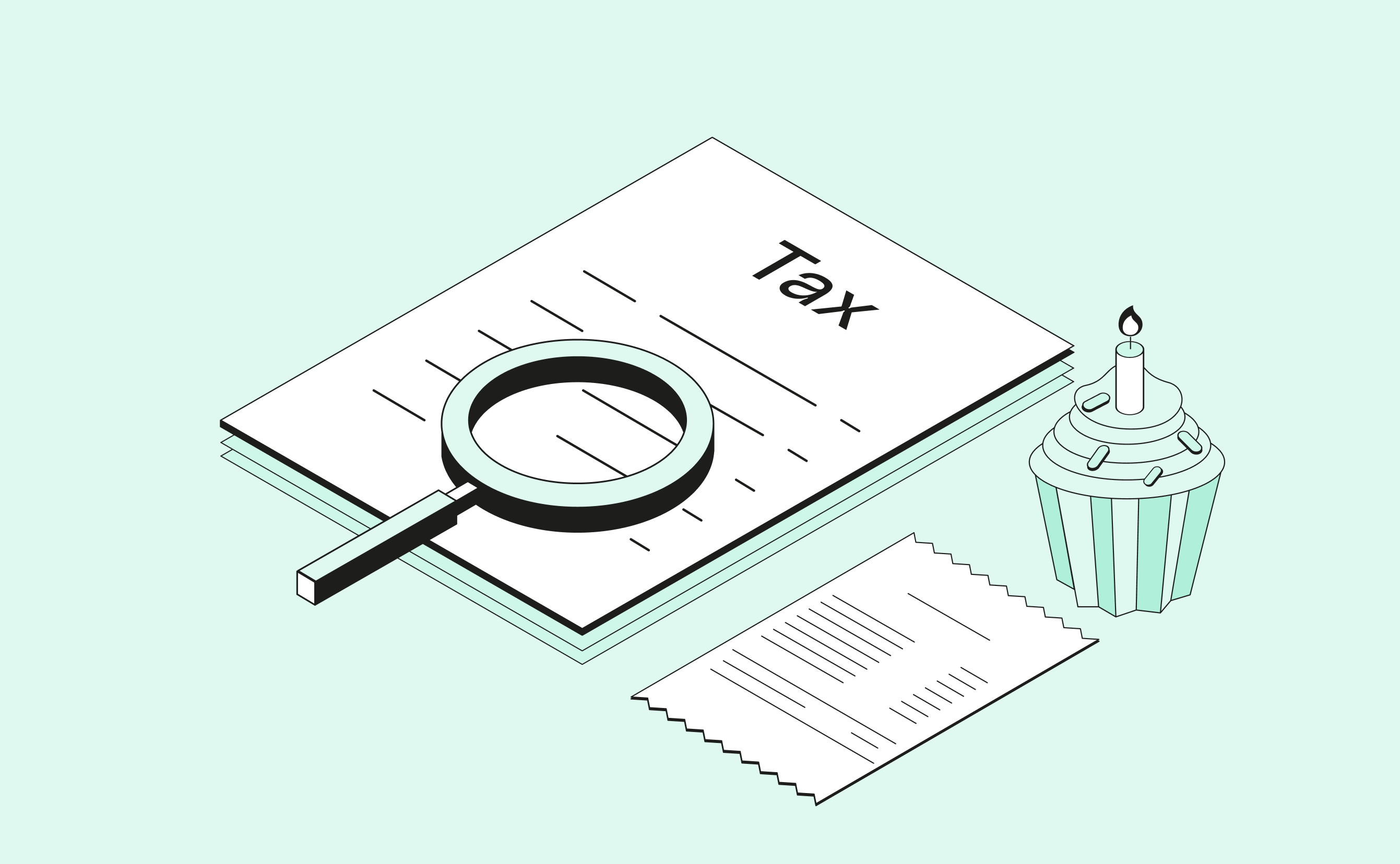While some countries have a flat percentage to calculate corporate tax, in Germany the corporate tax rate is dependent on the annual earnings of businesses. Higher earning companies and proprietors pay a higher tax rate, meaning business owners need to understand corporation tax calculation to determine how much they will pay annually for taxes.
Corporate tax in germany


Who pays corporate tax?
If you are running a business in Germany or are a tradesperson working in Germany, you will be required to pay some form of corporate tax. The rate of corporate tax in the country is made up of both a federal and municipal tax, meaning what you pay may vary somewhat depending on where in the country you’re working.
Corporate tax for sole proprietors and limiteds
In Germany, a sole proprietor is a person who runs a business by themselves. A limited company is an official GmbH run by one or few persons and is one of the most popular forms of company ownership in Germany.
Corporate tax for freelancers
Freelancers on the other hand are exempt from the requirement to prepare financial statements for tax, and do not need to pay trade tax. Instead, as a freelancer you can fill out a profit-and-loss assessment.
- The right health insurance
- Disability insurance if you are suddenly no longer able to work
- Life insurance for retirement
Corporate tax for artists and journalists
Unlike freelancers, artists and journalists in Germany are legally obligated to make contributions to the social security system. So you will not have to make arrangements for the above, because you will be taxed automatically for them and covered.
What are the corporate tax rates in Germany?
Germany has one of the highest corporate tax rates in all of Europe. Combined with the solidarity surcharge of 5.5%, the total amount is 15.825%.
What are the corporate tax exemptions?
Understanding both corporate tax exemptions and corporate tax credits can assist with providing you a more favourable annual tax return. Depending on your income type, you can benefit from one or more exemptions and credits.
Corporate tax exemptions
Some of the most important income types entitled to exemptions are:
- Capital contributions made by your company upon its founding or capital increase
- Capital repayments at the shareholder level, as long as they don’t contain dividend deductions
- 95% of domestic and foreign dividends
- 95% of capital gains from company shares sold
- Investment grants for any investments made in the new federal states
Corporate tax credits
As a corporate taxpayer you may be entitled to claim a credit. Credits amount to 3.8 times the amount you pay for your municipality’s business tax. The maximum amount of credits you can claim will depend on your business income.
Research and development tax credit
How do you file your corporate tax return in Germany?
As with filing a regular tax return, filing your corporate tax return can be done via the German tax portal ELSTER. Register with ELSTER online and receive by mail an activation code which will allow you to complete your registration.
in your area.
Taxes are complicated, especially for business owners and freelancers. However, it’s always good to approach them as an opportunity to assist your business, rather than a chore you begrudgingly perform as quickly as possible.
- Any person running a business in Germany is required to pay corporate tax
- Sole proprietors and owners of a limited liability company will pay tax at the personal level
- Freelancers are not obligated to contribute to the social security system in Germany, or to fill out a formal financial statement
- Unlike freelancers, artists and journalists must contribute to the social security system
- Germany has a high corporate tax rate, with the total amount currently sitting at 15.825%
- Certain conditions of your earnings may qualify you for exemptions and tax credits






